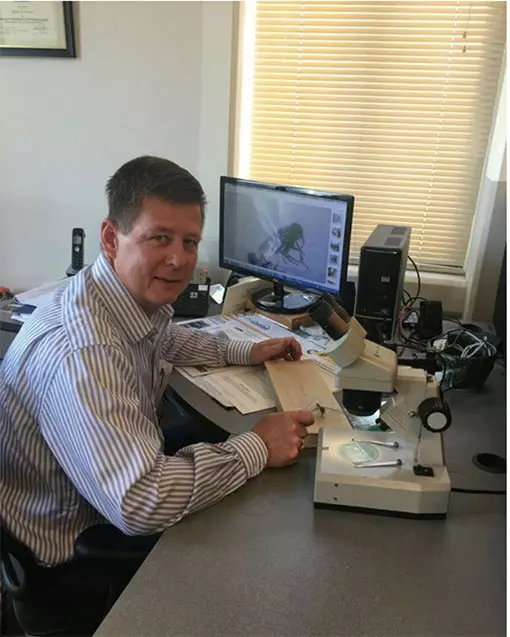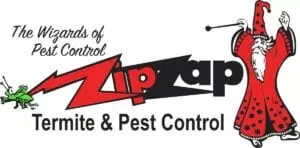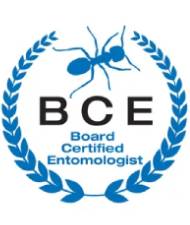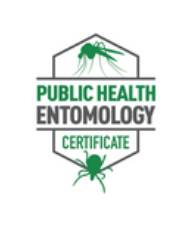BEETLE

A World of Beetles in Missouri
Beetles in Missouri, the undisputed champions of insect diversity, constitute the largest order, Coleoptera. The name is derived from the Greek for “sheath wings,” a reference to their hardened forewings. This extraordinary group encompasses a staggering number of species, each with its unique adaptations and ecological role. From the tiniest grain beetles to the imposing Hercules beetle, the world of Missouri’s Coleoptera is a realm of endless fascination.
Missouri, with its varied landscapes ranging from sprawling prairies to forested hills, is home to a rich tapestry of beetle life. These creatures have carved out niches in every corner of the state, contributing to the intricate balance of its ecosystems. From the buzzing fields of agriculture to the serene depths of woodlands, beetles in Missouri play indispensable roles as pollinators, predators, decomposers, and even herbivores.
On the one hand, some beetle species can pose significant challenges to human endeavors. The destructive capabilities of certain beetles, such as the Asian longhorned beetle, which attacks hardwood trees, or the destructive corn rootworm, a notorious agricultural pest, underscore the economic and environmental impacts these insects can inflict. These pests require vigilant monitoring and control measures to mitigate their damage.
Beneficial Beetles in Missouri
However, the majority of beetles in Missouri are beneficial or benign, making vital contributions to our environment. Many species are essential pollinators, transferring pollen between flowers and ensuring the reproduction of countless plant species. Ground beetles, for example, are voracious predators of garden pests, helping to maintain healthy ecosystems. Dung beetles play a crucial role in recycling nutrients. This is by breaking down animal waste, improving soil quality, and reducing the spread of parasites.
Moreover, the beetles in Missouri are an integral part of the food chain, serving as prey for birds, reptiles, amphibians, and other insects. Their diversity and abundance support a complex web of life, demonstrating the interconnectedness of all organisms.
Studying and appreciating the diversity of beetles in Missouri is not only scientifically rewarding but also essential. Especially for effective pest management and conservation. By understanding the ecological roles of these insects, we can develop sustainable strategies to protect beneficial species. Moreover, while minimizing the impact of harmful ones.
In conclusion, as we delve deeper into the fascinating world of beetles in Missouri, we gain a profound appreciation for the intricate balance of nature and the vital role these often-overlooked creatures play in shaping our environment.

Jeffery Preece BCE,PHE
Jeffery is a Board Certified Entomologist at ZipZap Termite & Pest Control



